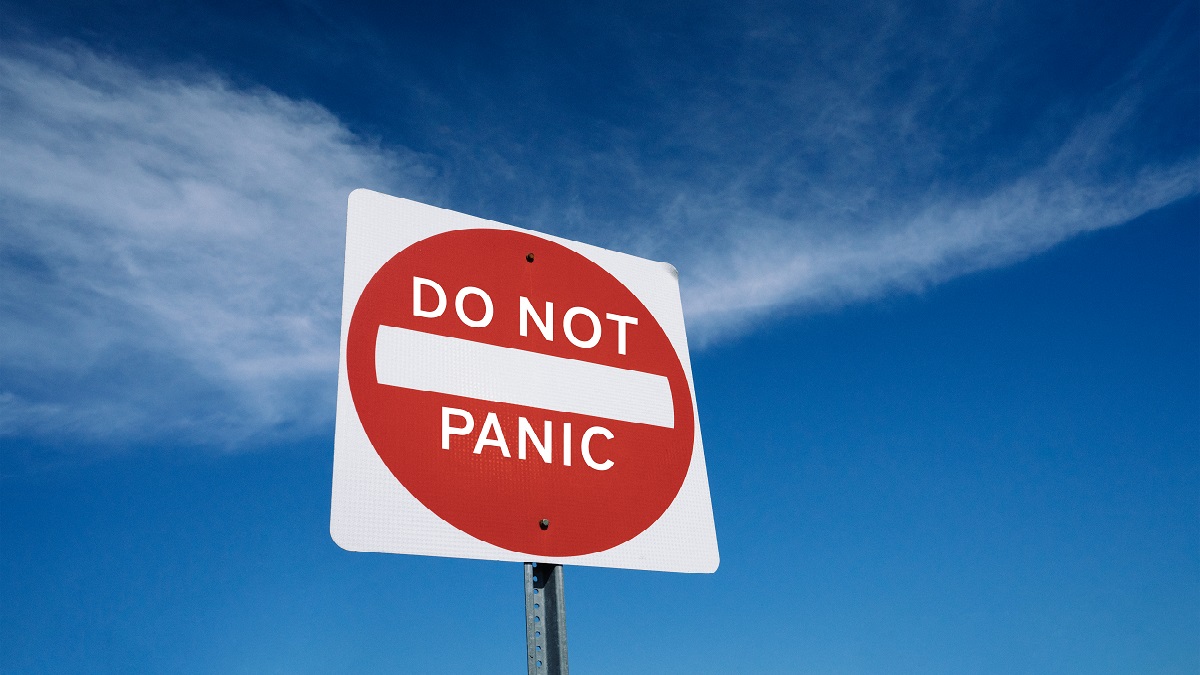Ethical investors need to chill when bad news hits: study

Investors concerned about ESG issues need to remain calm and take a measured approach. Getty Images
Ethical investors tend to overreact when controversies hit their investments.
At least that’s what research by the Monash Centre for Financial Studies in Melbourne has indicated.
And this creates buying opportunities for traders who aren’t as worried about environmental, social and governance (ESG) issues, the research found.
The researchers scoured a vast US media database to identify ESG news that struck major corporations across 23 countries from 2000 to 2018, finding events such as pollution, environmental disasters, industrial accidents lawsuits, civil unrest, labour issues and health scares.
“There’s a huge and statistically significant overreaction to the ESG news,” Monash research fellow Dr Bei Cui told Stockhead.
“Psychologically, for people who care about ESG there’s a tendency to overreact because … they care about the ESG blows to their portfolio.”
ESG investing is surging, with dozens of exchange-traded funds (ETFs) devoted to ESG issues and the value of global total investment in the sector up 34 per cent to $30.7 trillion.
Some financial advisors even say the assets could be a safe haven during the COVID-19 era.
Dr Cui says institutional asset managers can be especially concerned about ESG issues as they can be exposed to criticism and attacks if they stay invested in controversial companies.
Overestimating the ‘ESG shocks’
They have a tendency to overestimate the probability of further “ESG shocks” to a company, “resulting in a stronger tendency to sell, and a larger fall in the stock price than might be justified by fundamental considerations,” the Monash Centre study said.
It’s better to hold onto a stock battered by ESG concerns for a few months than sell immediately once bad news hits, according to the research.
The negative returns around ESG events tend to “mean revert” over the next 90 days.
For contrarian investors, “there may be a potential opportunity for them to make a profit” buying stocks hit with ethical, social or governance concerns – if they don’t care about those issues, Dr Cui says.
Good news involving ESG events didn’t result in much market reaction, the study found.
The study involved tracking news coverage on more than 40,000 large and mid-cap equities in 23 developed countries, including Australia, the US, the United Kingdom, Japan and New Zealand.
It’s believed to be the first major research project to test the extent of market reaction to ESG controversies for up to 90 days after the event.
Past studies have focused on shorter timeframes.
Related Topics
UNLOCK INSIGHTS
Discover the untold stories of emerging ASX stocks.
Daily news and expert analysis, it's free to subscribe.
By proceeding, you confirm you understand that we handle personal information in accordance with our Privacy Policy.








